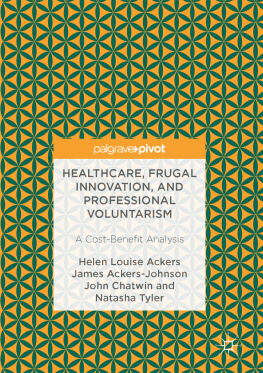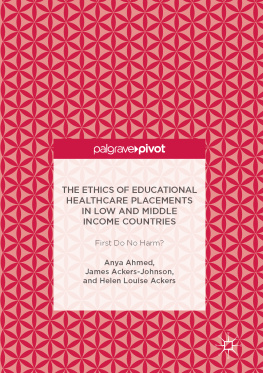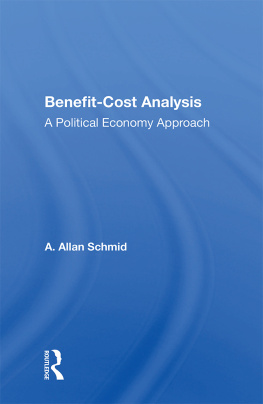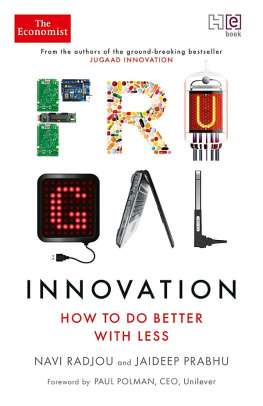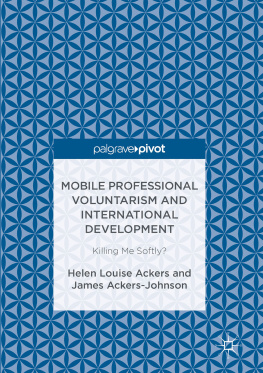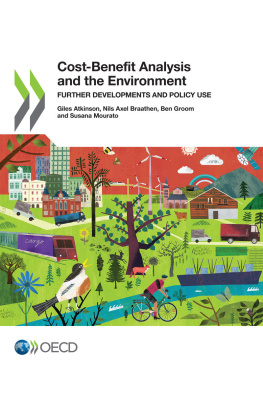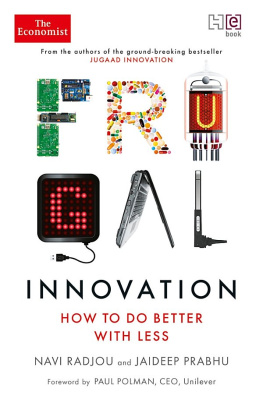1. International Mobility and Learning in the UK National Health Service
Internationalisation has become a feature of many, if not most, careers. It can be achieved through a variety of mechanisms, including, perhaps most obviously, the recruitment of staff from other countries. Certainly, international mobility has come to play an important role both in terms of attracting the brightest and best across global labour markets (Iredale ).
Healthcare professionals are not simply the consumers or users of knowledge but through their daily lives actively engage in its co-creation. The concept of lifelong learning bridges archaic boundaries by distinguishing early career phases of intense knowledge acquisition (through formal learning) with subsequent knowledge utilisation (through professional practice or doing). Set within this wider context, the growth in professional mobilities involving healthcare professionals will come as no surprise. In some cases, these mobilities may themselves represent migrations as healthcare professionals identify opportunities for longer term relocation abroad (Buchan ).
This book and the studies on which it is based focuses on one component of these complex mobility flows, namely temporary stays undertaken by National Health Service (NHS) employees in low- and middle-income countries (LMICs). The individuals and groups involved in these forms of movement are by no means homogenous, either in terms of personal characteristics or motivations (Bussell and Forbes
Whilst most volunteers will not be remunerated as employees of the deploying or host organisation and therefore are technically unpaid (so volunteering), the concept of volunteer has various connotations and infers motivations associated with altruism. Many of the organisations involved in the deployment of NHS professionals and creating opportunities for these forms of mobility do have charitable objectives. The British Red Cross, for example, has been actively recruiting volunteers since the beginning of the Voluntary Aid Detachment Scheme, which deployed volunteers to treat wounded soldiers during the First World War. Fifty years later in 1958, Voluntary Services Overseas (VSO) began linking international volunteers to projects. There are now many smaller charities offering international volunteering placements, including the much-publicised response of volunteers to the Ebola crisis in West Africa. Altruism of one form or another, often linked to forms of religiosity, may stimulate interest in placements in low-resource settings but this is by no means the sole factor.
In reality it is extremely difficult to characterise any form of human mobility in terms of one or two key motivations. Migration (or mobility) decision-making almost always involves a complex range of interacting factors combining lifestyle with career and sometimes adventure or escape. And motivational factors may combine genuine free choice with increasing elements of what we have called the expectation of mobility (Ackers and Gill ).
The emergence of the global health concept and the connections it has forged between International Development and Health policies in the UK has added new dynamics and actors. The Tropical Health and Education Trust (THET) itself funded through UK Aid has actively sought to recruit volunteers to support its Health Partnership Scheme (HPS). Two of the authors of this book (Ackers and Ackers-Johnson) have managed the THET-funded Sustainable Volunteering Project (SVP) which sought to harness volunteers in knowledge mobilisation projects in support of maternal and new-born health in Uganda. The SVP developed the concept of professional volunteer in an attempt to capture the fact that the NHS staff deployed were first and foremost highly skilled professionals, and it was their knowledge and professionalism that were fostered and mobilised as much as any altruistic motivation. This conceptualisation of the people involved in international placements in low-resource settings as knowledge brokers captures their roles perfectly but fails to engage with popular terminology. In our recent work in Uganda, we have tried to substitute the very loaded concept of volunteer with the more familiar concept of international faculty but this tends to work better for those individuals and organisations engaging with university actors. In this book, we have decided to stick with the concept of professional volunteer (PV).
Recruiting PVs to knowledge mobilisation interventions involves a range of considerations. In reality recruiting and deploying organisations will be balancing the expressed needs (wants) of host organisations with the needs (and supply) of potential professional volunteers and a degree of tension often exists between those demanding (seeking) professional volunteers and those supplying them. Hosting organisations will often articulate a need for very highly qualified and experienced faculty even privileging the more prestigious professions (such as surgery or obstetrics) over nursing, midwifery and allied health professions and they will express a strong preference for long stays. Put simply, they are looking for knowledge rich teachers. On the other hand, the supply of potential faculty available to deploying organisations is skewed in the direction of early career individuals often seeking shorter stays that fit within training programmes and life course decisions (Ackers ). These forms of shorter stay mobility of more junior cadres of staff may be what offer the greatest return to the NHS. From the perspective of the NHS then, they may be looking at exporting knowledge-hungry learners. What is clear from our work is that this simple binary characterising teachers at one end of a continuum and learners at the other fails entirely to capture the complexity of knowledge mobilisation and lifelong learning.
Notwithstanding the motivations behind the professional volunteering or the cadres involved, there is a general consensus in the literature that relevant and valuable learning happens as a result of this activity (Crisp ). To the extent that studies address the returns to professionals and their employing organisations, these often take the form of opinion pieces or small-scale case studies, with a significant emphasis on medical electives. Just as we know relatively little about the more specific learning outcomes associated with professional volunteering in general, we also need more detailed understanding of the contextual and organisational variables that facilitate or inhibit these different forms of learning.

